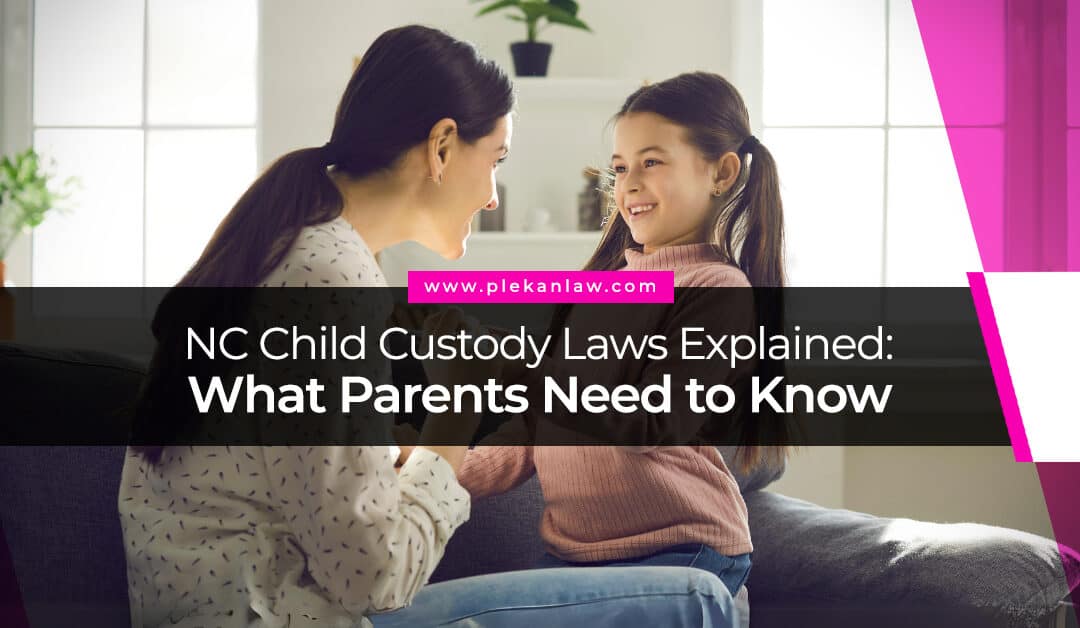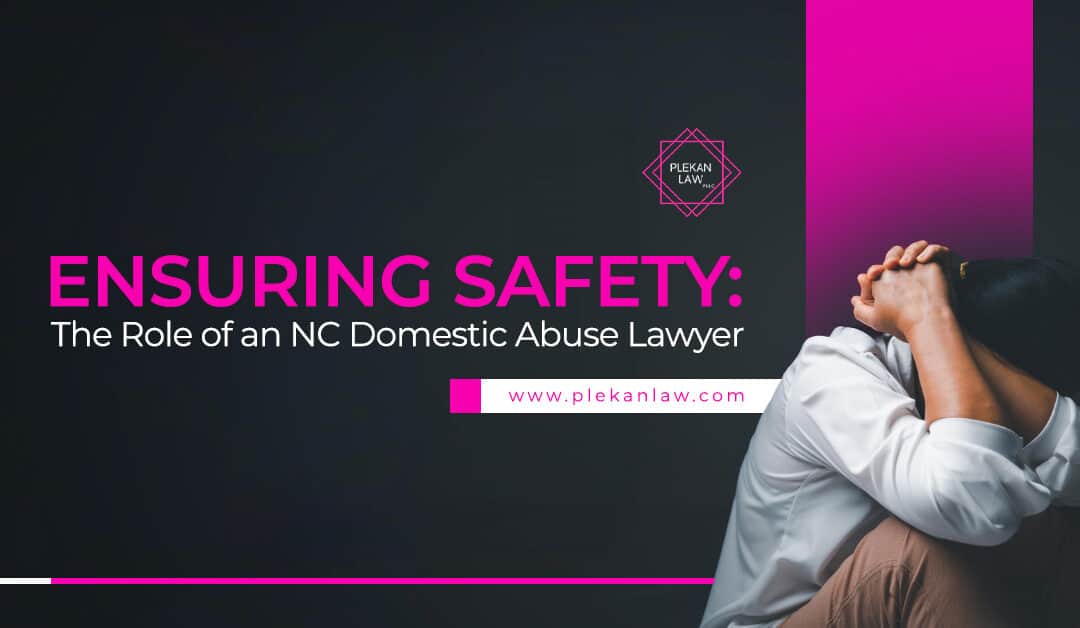Legal Resources Blog
We share our insights into the issues surrounding the legal services we provide.

NC Child Custody Laws Explained: What Parents Need to Know
Dealing with child custody is often the hardest part of going through a divorce or adjusting to life afterward. We understand that this time in your life can be incredibly stressful. You’re trying to do what’s best for your kids while navigating a complex legal system, all amid significant personal change. Whether you’re filing for custody, seeking a modification, or just trying to understand your rights and responsibilities, we’ve got you covered. Join us as we walk through this topic together, focusing on what matters most: the well-being of your children.

Can Someone Go to Jail For Threatening to Kill You?
In the shadows of personal relationships, where trust should flourish, threats can sometimes turn into terrifying realities. Phrases that should never find a place in any conversation unfortunately do. In the realm of domestic violence, such criminal threats are not only a cause for alarm but also a potential precursor to serious physical harm. But can someone go to jail for threatening to kill you? Read on to learn about the legal safeguards that protect individuals against threats, particularly within the context of domestic violence. Find out how the legal system responds to such menacing threats and what steps you can take to shield yourself from harm.

Ensuring Victim Safety: The Role of an NC Domestic Abuse Lawyer
In North Carolina, domestic abuse affects countless individuals and families. The term ‘domestic abuse’ encompasses a range of behaviors, including physical violence, emotional manipulation, financial control, and more. Knowing what is legal and what is not can help you see the best direction to go next. So keep reading as we unpack the laws in our state and how they apply to situations where someone commits domestic abuse.

Not Legally Separated But Living Apart in North Carolina
Many assume that a ‘legal separation’ status exists in North Carolina as it does in other states. However, this is not the case. If you are not legally separated but living apart in NC, you may be “legally separated” without realizing it! Understanding the state’s statutes and legal standards to know what it means to live apart from your spouse in North Carolina without being ‘legally separated.’ This blog aims to clarify the legal landscape and provide valuable insights for those unfamiliar with NC laws.

Who Pays Attorney Fees in Divorce Proceedings?
Separation and divorce can be a challenging journey, filled with emotional and financial complexities. One of the most pressing questions for many facing this situation in North Carolina is: Who pays attorney fees in divorce proceedings? Understanding the legal landscape of divorce costs in North Carolina is crucial for anyone on this life-changing path. So read on for clear insights into how attorney fees are allocated in divorce proceedings within the state.

What Happens at an Ex Parte Hearing for Domestic Violence?
In North Carolina, the law provides a quick and crucial way to protect victims of domestic violence through something called an Ex Parte Domestic Violence Protective Order (DVPO). When someone is in immediate danger due to domestic abuse, they can ask for this order. Let’s look more in-depth at an ex parte hearing, what happens there, and who can get relief from abuse by filing the order.

North Carolina Divorce Laws Decoded
North Carolina divorce laws can be daunting for anyone facing the end of a marriage. Understanding these laws is crucial, as they lay out the path from separation to the final dissolution of marital ties. So let’s decode the legal jargon so you can clearly see the statutes governing divorce in our state.

Protect Parental Rights With a Child Custody Lawyer
Going through a divorce or separation can be an emotionally draining experience, especially when children are involved. At the heart of many family law cases in North Carolina lies the crucial matter of child custody. It’s a sensitive issue that not only impacts the parents but has a profound effect on the lives of the children. A child custody lawyer is an indispensable ally during such challenging times, working tirelessly to protect your parental rights and ensure the best interests of your children. So read on to see how child custody lawyers safeguard parental rights and how their guidance can significantly impact the outcome of your child custody case, paving the way for a fair and just resolution.

Who is the Custodial Parent in 50/50 Custody Arrangements?
Child custody questions can fill any parent’s mind going through a separation or divorce. One term that often comes up is “custodial parent,” but what does it mean? Who is the custodial parent in 50/50 custody arrangements? Let’s explore shared custody laws in North Carolina, clarifying the role of the custodial parent. Whether you’re a parent seeking clarity or just curious about family law, we’ll shed light on a topic that affects families across the nation.

What Does Custodial Parent Mean in North Carolina?
You’re not alone if you wonder “What does it mean to be a custodial parent?” In North Carolina, the term “custodial parent” refers to the parent who has been granted primary physical custody of a child after a separation or divorce. This parent is responsible for the child’s day-to-day care and usually provides the primary residence. Understanding the role and responsibilities of a custodial parent is crucial for both parents involved in a custody arrangement, as well as for the well-being of the child.

Contacting Plekan Law, PLLC through this site or via email does not create an attorney-client relationship. Do not send information relating to your legal question or matter through this site or by email. After an attorney-client relationship has been established you will receive information on our communication policy.
Site by Whoosh Agency | Disclaimer
